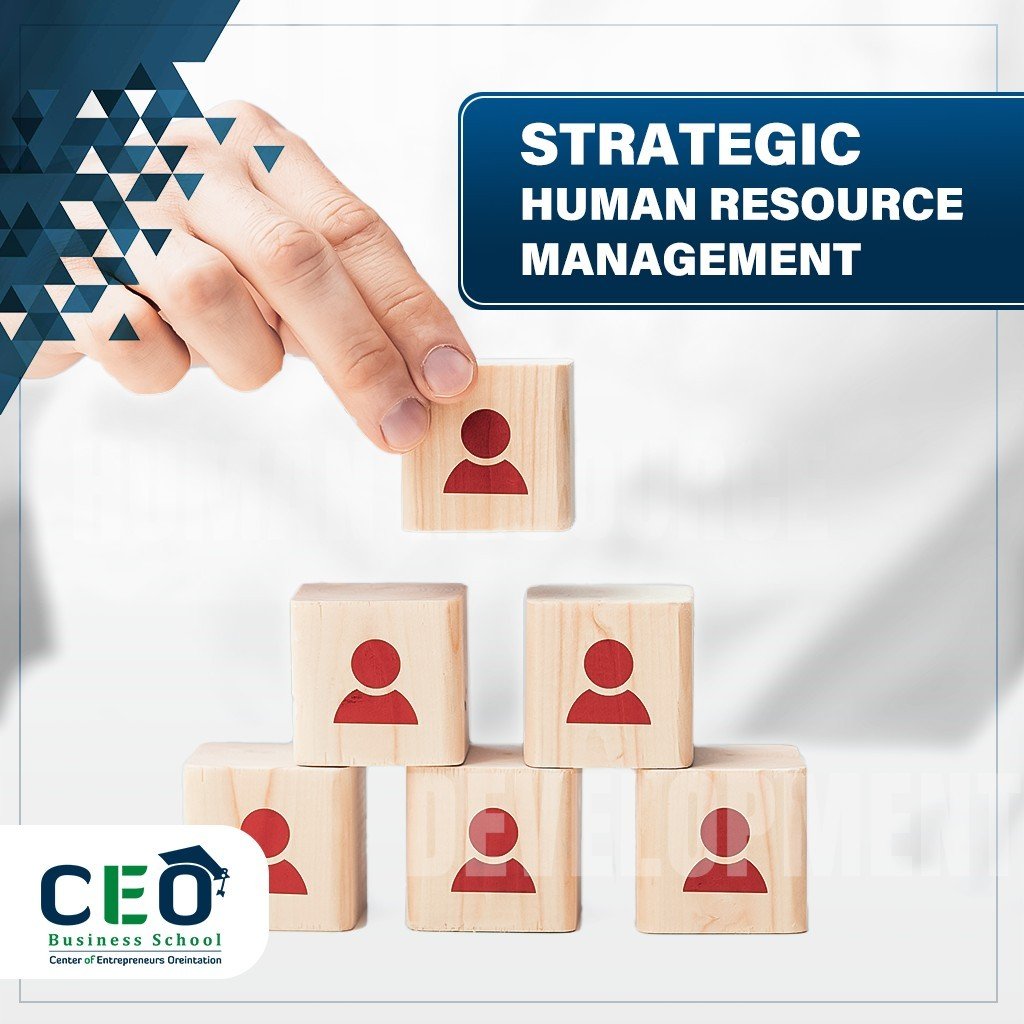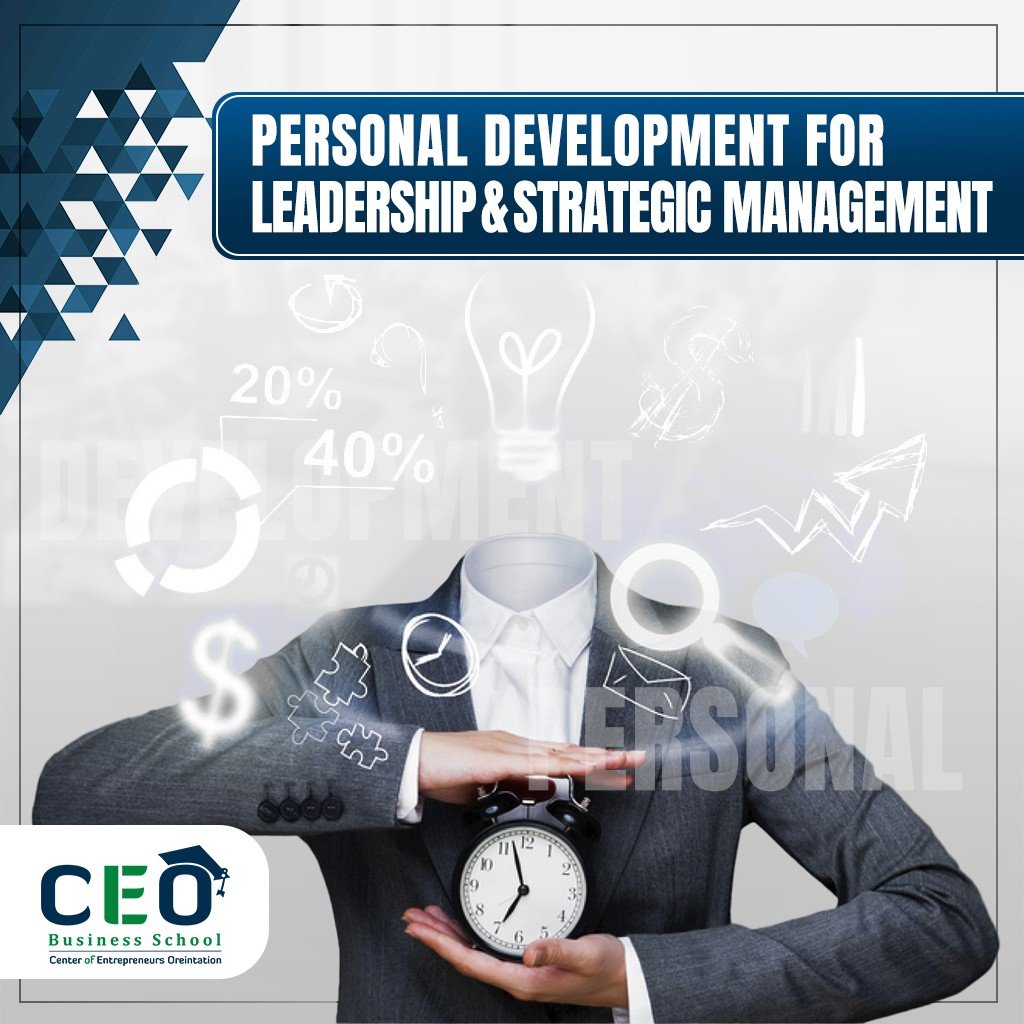Management Programs
Management Programs

CEO Business School provides entrepreneurs and executives with Courses in Business Administration and Skills, which make them qualified to manage and lead their business and work teams to success.
Why choose CEO Business School ?
- CEO Business School the first company in Egypt accredited by ATHE.
- The best specialized Consult for you.
- The best professors in the middle east.
- Professional academic support team.
- The best accreditation.
- The best quality.
- Competitive advantage for pricing system.
Why Study With CEO Business School ?
- CEO Business School using the best learning technology.
- Specialized technical team.
- Smart boards.
- Save more money.
- Save more time.
- Live inside the lecture hall.
- Save more efforts.
International Marketing

300 $
This unit enables learners to understand the requirements of international marketing, in particular, the financial considerations to be taken into account in entering and operating in international markets. Learners will also be able to develop an international marketing strategy and understand the implications and requirements of international marketing communications
1.1 Assess the market research requirements for international marketing
1.2 Analyse how the business case for international marketing can be justified
1.3 Assess the risks which must be considered for international marketing
1-Understand the implications of international marketing for organisations
2- Understand how to develop an international marketing strategy
3-Understand the requirements of international marketing communications
Strategic Human Resource Management

300 $
The aim of this unit is to help learners acquire knowledge and understanding of human resource management strategy and its impact on the efficiency of an organisation.
1.1 Analyse the effect of organisational structure and culture on human resource management strategies in organisations
1.2 Assess the importance of financial resources in creating a human resource management strategy
2.1 Analyse different models of strategic human resource management
2.2 Explain how human resource management contributes to the achievement of strategic plans
1-Understand the factors affecting human resource management strategies in organisations
2-Understand how strategic human resource management contributes to the achievement of the strategic plans of organisations
3-Understand how to prepare human resource management strategies for organisations
4- Be able to develop a human resource management strategy for an organisation
International Business Environment

300 $
The unit will enable learners to explore the changing international business environment and develop knowledge and understanding of how organisations respond.
1.1 Evaluate business techniques used to analyse the international business environment
1.2 Analyse the micro and macro environment of a specific business organisation which operates on an international level
2.1 Assess the impact of globalisation and international trade on national economies
2.2 Assess the benefits, opportunities and challenges of globalisation and international trade for a specific business organisation
3.1 Analyse the implications for businesses of the cultural and regulatory diversityin international markets
3.2 Evaluate the potential conflicts between corporate strategy and ethical, social and sustainable responsibilities
3.3 Assess the importance of corporate social responsibility and sustainability in supporting business success
1-Be able to analyse the international business environment international trade
2-Understand the impact of globalisation and international trade
3-Understand the international markets in which businesses operate
Personal Development for Leadership & Strategic Management

300 $
This unit aims to help learners develop their own personal leadership and management skills in the context of the creation and achievement of organisational vision and strategic direction.
1.1 Evaluate business techniques used to analyse the international business environment
1.2 Analyse the micro and macro environment of a specific business organisation which operates on an international level
2.1 Assess the impact of globalisation and international trade on national economies
2.2 Assess the benefits, opportunities and challenges of globalisation and international trade for a specific business organisation
3.1 Analyse the implications for businesses of the cultural and regulatory diversity in international markets
3.2 Evaluate the potential conflicts between corporate strategy and ethical, social and sustainable responsibilities
3.3 Assess the importance of corporate social responsibility and sustainability in supporting business
1-Understand how knowledge and skills in leadership and strategic management support the creation and achievement of organisational vision and strategy
2-Understand how to develop and communicate organisational vision
3-Be able to manage development of own personal knowledge and skills in leadership and strategic management to support achievement of personal and organisational vision and strategy
4-Be able to reflect on the benefits of personal development in the achievement of personal growth and organisational vision and strategy
Research for Strategic Development

300 $
The aim of this unit is to develop the knowledge, understanding and skills required to carry out research to meet the needs of strategic business management.
1.1 Identify a valid area for research to support the strategic development of a business area
1.2 Explain the aim, scope and objectives for a chosen area of research in strategic business development
1.3 Formulate a research proposal
1.4 Establish success criteria for the achievement of the research proposal
1.5 Prepare a project plan that identifies key milestones and critical pathways
- Be able to formulate a research proposal relating to strategic business development
- Be able to use different research methodologies to methodologies to gather sufficient and valid data
- Be able to present research findings in an appropriate format for a target audience
- Be able to evaluate own skills while undertaking research
Finance for Strategic Managers

300 $
The learners will develop knowledge, understanding and skills that will enable them to analyse internal and publicly available financial information. This will help to inform strategic decision making.
1.1 Evaluate the sources of financial data which can be used to inform business strategy
1.2 Assess the need for financial data and information in relation to business strategy
1.3 Analyse the risks related to financial business decisions
1-Understand the importance of financial data in formulating and delivering business strategy
2-Be able to analyse financial data for an organisation in order to inform strategic decision making decision making purposes
3-Be able to evaluate proposals for strategic decisions on capital expenditure in an organisation

